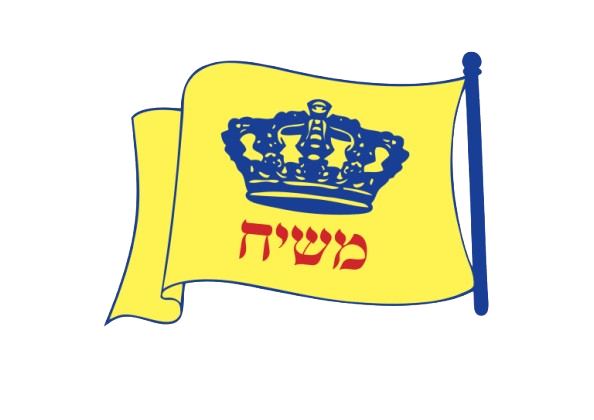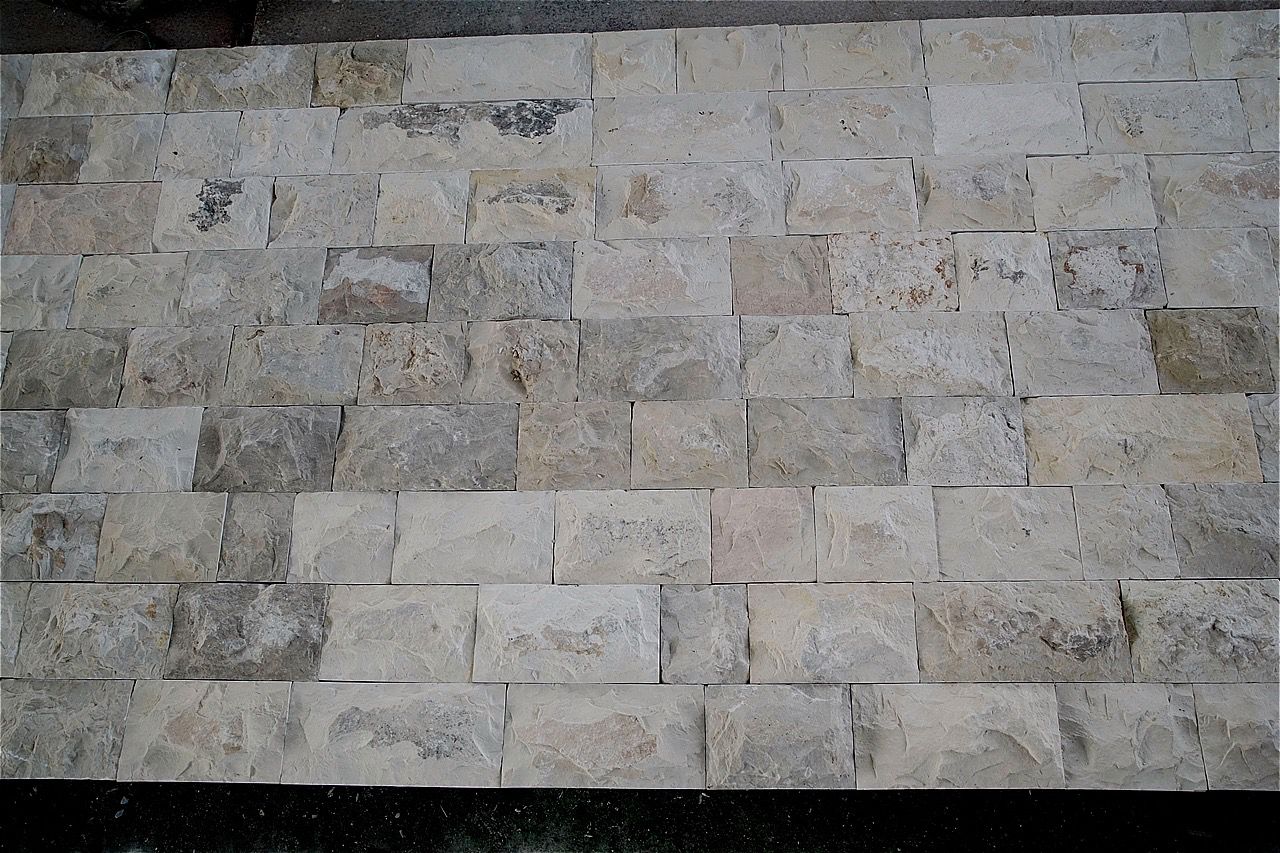This Torah portion tells us how Pharaoh revealed that Moses had killed an Egyptian to save a Jewish man (Exodus 2:15). Moses was scared when he found out that Pharoah knew it. Pharaoh then tried to kill him. So Moses escaped from Egypt to the Sinai desert. He should have relied on G‑d’s protection, but he lost it by doubting divine providence. Nothing would have happened if Moses had not been fearful and had not expressed his fear. But since Moses feared, he gave room for the fear to materialize.
In the same way, when we encounter difficulties in doing our divine mission, we should know that we can attract G‑d’s assistance by trusting that He will help us. Full trust in G-d’s observance is crucial in our lives. With that being said, being sure of G‑d’s help does not mean that we should not do what is necessary to avoid or solve our problems; it only means that we should trust G‑d to make our efforts successful.
The entire Jewish people experience the crisis due to the war in the land of Israel. Anyone can see the rise of antisemitism, the double standard towards Jews around the world. But no worries; this process was foreseen by our sages. Some kabbalistic sources say that close to the redemption, many of the nations will challenge the Jewish people. However, this is a good sign; the reason is that before sunrise, the darkness is picking up. Before complete redemption, there might be spiritual darkness. This should strengthen our trust in G-d and nullify our fears, as the last elevation of creation to the kingship of Mosciach is around the corner. We just have to open the door, change our mindset, and let it in.
The Torah teaches us that the Jews were freed from Egypt because they trusted in G‑d. Likewise, our full trust that G‑d will bring us out of our current exile will make the redemption come sooner. Observing the 7 Noahide laws is surely one of the things that could bring about salvation for the entire world sooner.
*This is from a series of articles by Rabbi Bernstein Moshe.




